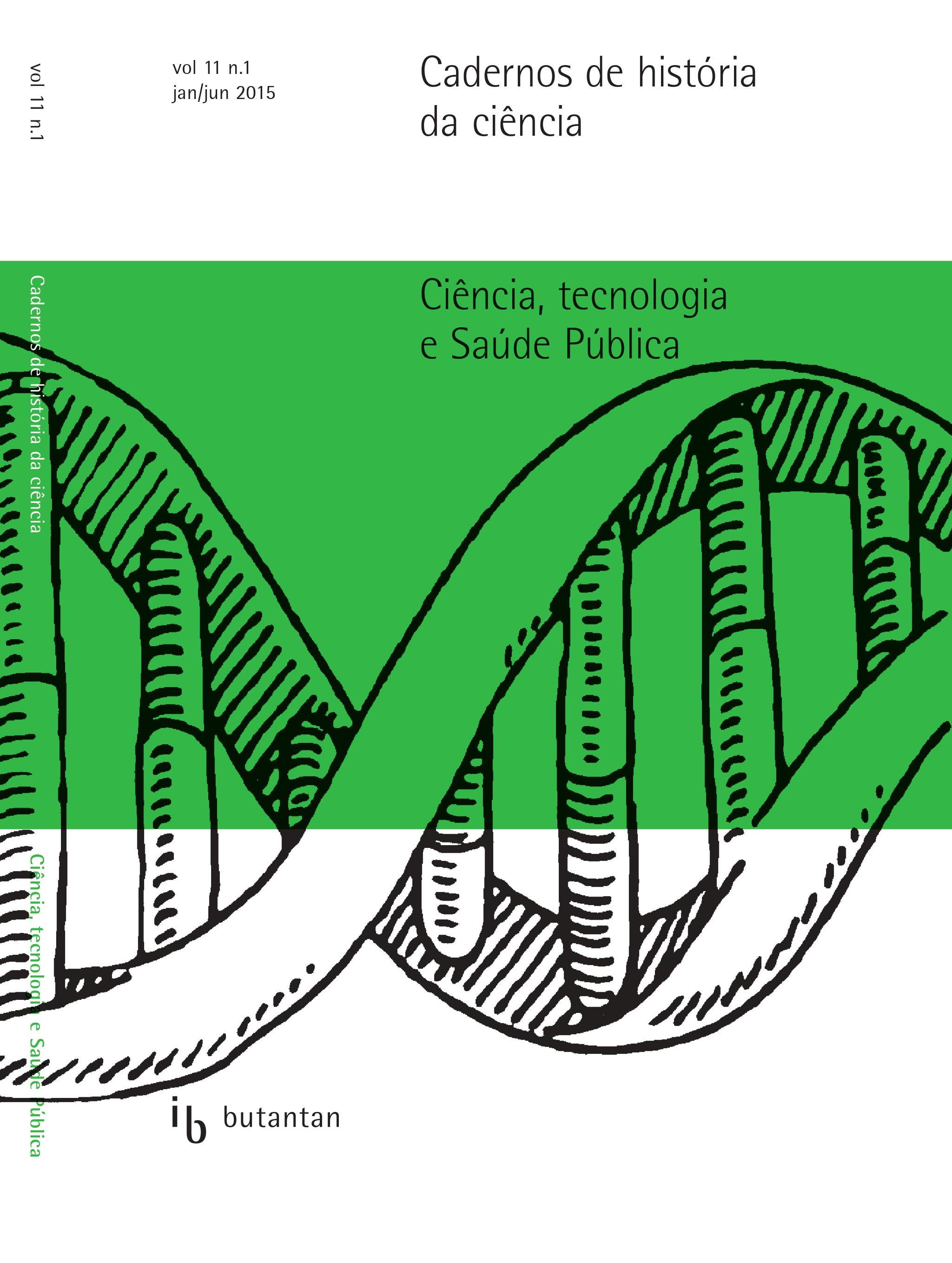Abstract
the objective of this paper is to highlight how worked the censorship mechanisms practiced by Catholic Church and the strategies operated by Galileo to communicate scientific knowledge in the context of censorship. The main issues for which we seek answers are: which are the mechanisms of the Catholic Church to prevent the free circulation of Galileo ideas and which are the strategies used by the philosopher to communicate his findings face the obstacles posed by religious dogmas. The methodology consisted of reading, questioning and critical dialogue, involving documentary and bibliographic material. The paper is divided into three parts. The first part discusses the mechanisms of censorship used by the Church in the historical context. The second part highlights its application in the Galileo’s affair. The third section focuses on the results from the application of censorship based on inquisitorial decree, after the publication of the book entitled Dialogue and during the Galileo’s trial, in 1634. Galileo’s creativity to circumvent censorship is highlighted, mainly from 1616.
References
Bíblia. Português. A Bíblia de Jerusalém. Nova edição rev. e ampl. São Paulo: Paulus, 2002.
Brevaglieri S. Science, books and censorship in the academy of the Lincei: Johannes Faber as cultural mediator. In: Donato MP, Kraye J
(Eds.), Conflicting Duties. Science, Medicine and Religion in Rome (1550–1750). London: Warburg Institute, 2009, p.133-157.
Crane D. Invisible Colleges, Diffusion of Knowledge in Scientific Communities. Chicago: University of Chicago Press, 1972.
Delpiano P. La divulgazione tecnico-scientifica nei periodici piemontesi del Settecento. In: Barsanti G, Becagli V, Pasta R. La politica della scienza: Toscana e stati italiani nel tardo Settecento. Firenze: Leo S. Olschki, 1996.
Draper JW. History of the Conflict Between Religion and Science. New York: D. Appleton, 1875.
Finocchiaro MA. The Galileo Affair: A Documentary History. Berkeley: University of California Press, 1989.
Galilei G. Dialogue Concerning the Two Chief World Systems. Berkeley/Los Angeles/London: Stilman Drake (ed.), University of California Press, 1967.
______. Lettera a don Benedetto Castelli. Opere di Galileo Galilei, 1937 (Biblioteca Nazionale di Firenze [Sezione Palatina], manoscrito intitolato Opere di Galileo Galilei).
______, Scheiner C. On sunspots. Chicago: The University of Chicago Press, 2010.
Maclachlan J. Galileo Galilei: First Physicist. Oxford University Press, 1999.
Mariconda PR. O Diálogo de Galileu e a condenação.
Cad. Hist. Fil. Ci., Campinas, jan/jun, 2000, Série 3, v(10), n(1): 77-160.
Mayer TF. The censoring of Galileo’s Sunspot Letters and the first phase of his trial. Studies in History and Philosophy of Science Part A, 2011, v(42): 1-10.
Palumbo M. (Ed.). La censura ecclesiastica e la teoria eliocentrica. Roma: Biblioteca Casanatense, 2009.
Patterson AM. Censorship and Interpretation: The Conditions of Writing and Reading in Early Modern England. Madison: University of Wisconsin Press, 1984.
Putman GH. The Censorship of The Church of Rome and Its Influence Up On The Production and Distribution of Literature: A Study of The History of The Prohibitory and Expurgatory Indexes, Together With Some Consideration of The Effects of Protestant Censorship and of Censorship by The State n(240). New York: G.P. Putnam’s sons, 1907.
Ross V. You Can’t Read This: Forbidden Books, Lost Writing, Mistranslations & Codes. Plattsburgh, New York: Tundra Books, 2006.
Santillana G. The Crime of Galileo. Chicago: University of Chicago Press, 1955.
